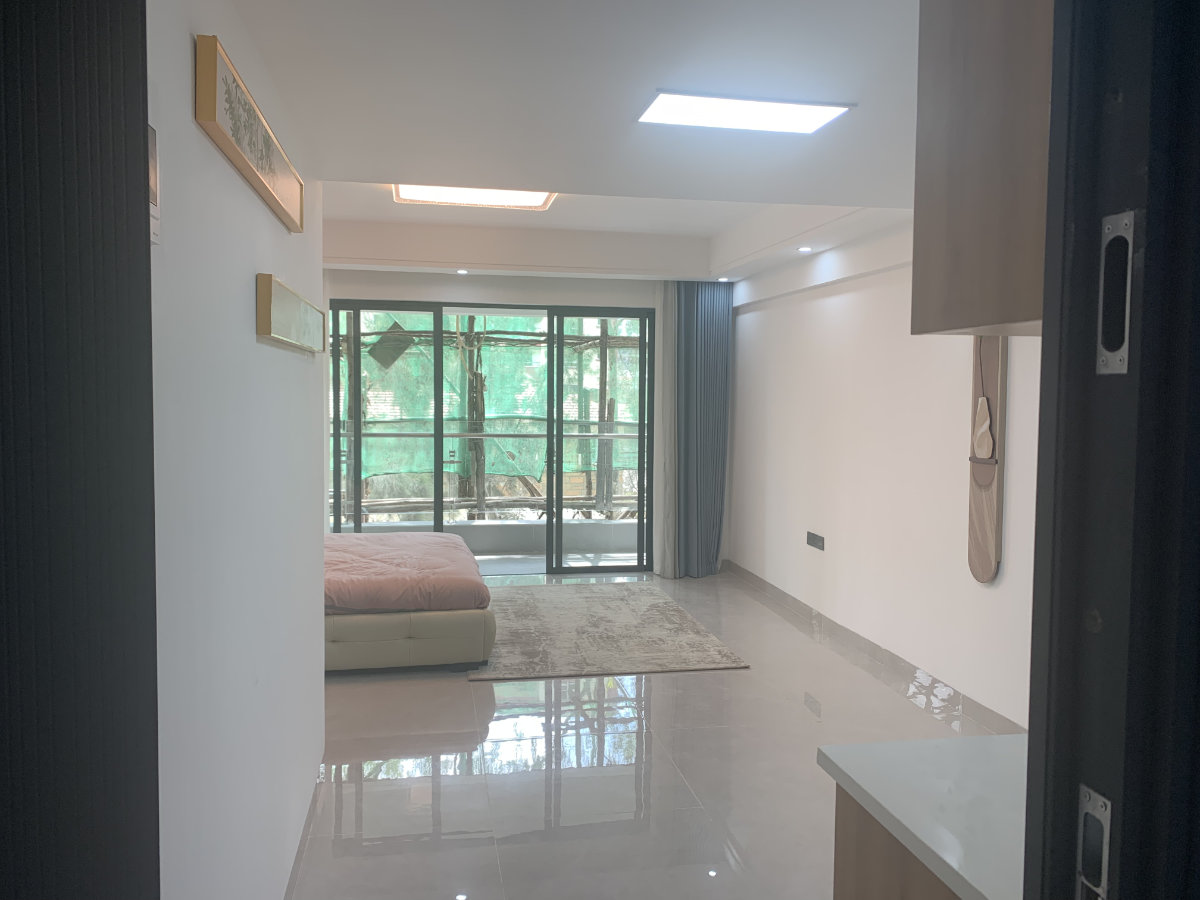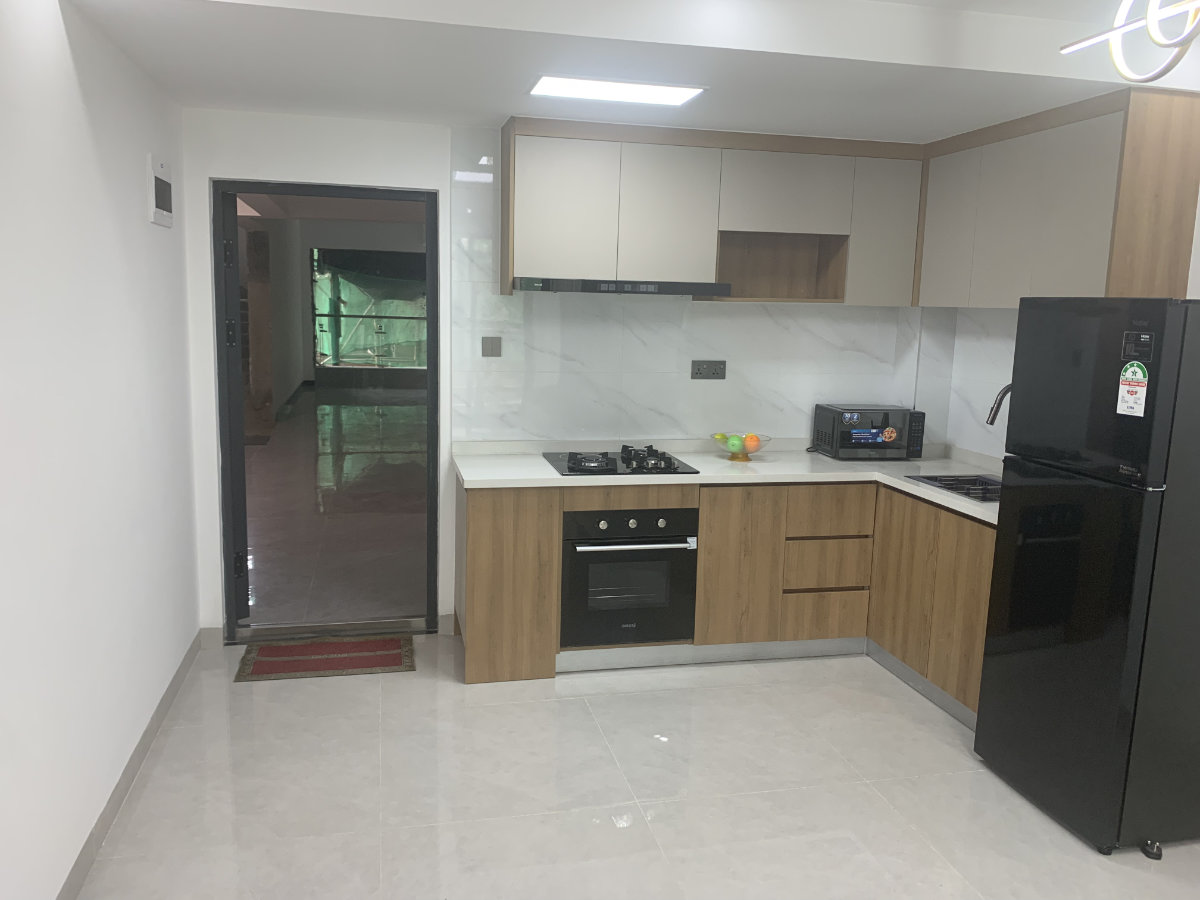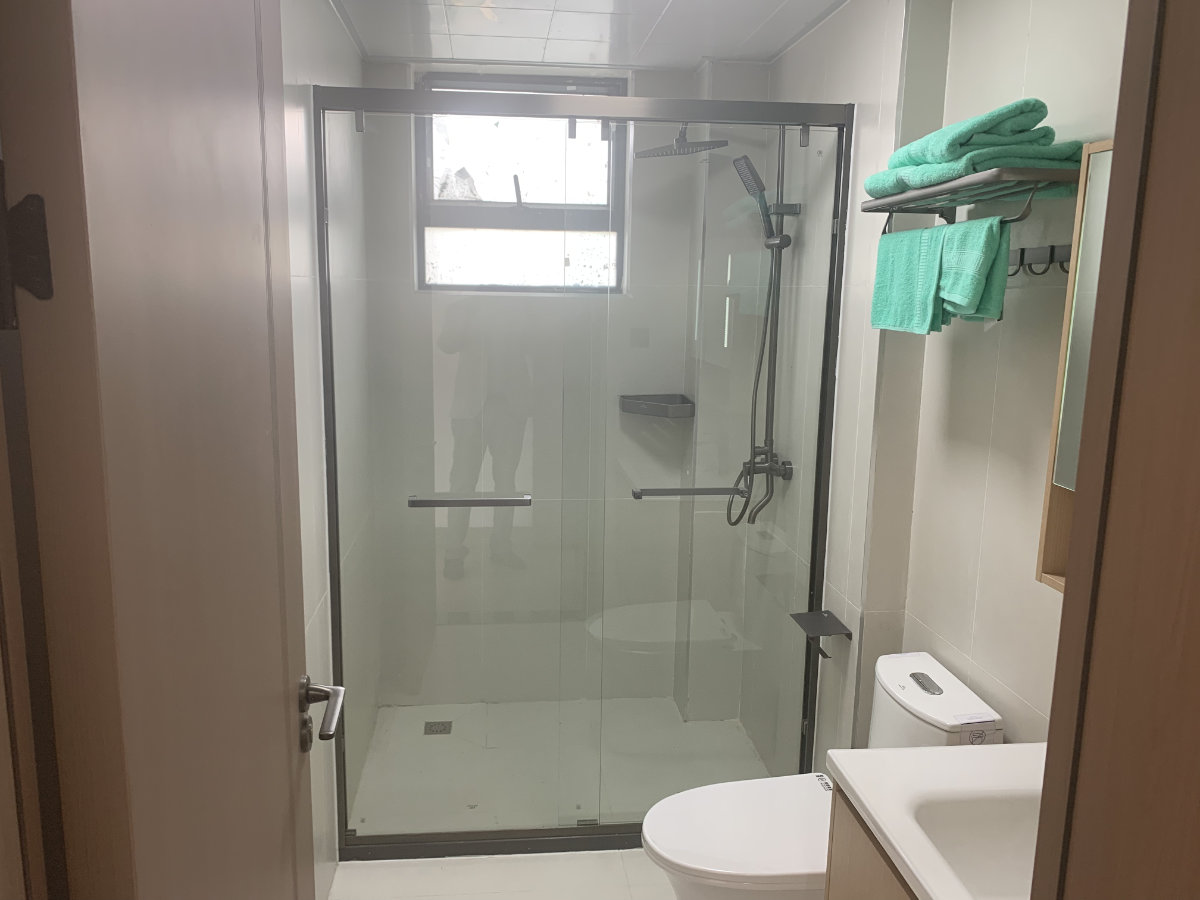Knowing how to value your property in Kenya is the first smart move before you sell, refinance, or insure your home.
Property valuation tells you what your home or land is worth today. The number looks simple, but it carries real weight. Buyers use it to set offers. Banks use it to decide loan amounts. Families use it to split an inheritance. In Kenya, people order a valuation before they sell, refinance, or insure a home.
We help sellers understand these numbers without confusion. We explain what influences value and connect you with trusted valuers. We help you price your home right, so you don’t overprice or undersell.
Check out our other article on the ultimate guide to selling your house in Kenya.
Factors that Affect Property Value in Kenya
We break down how these factors apply to your home. We visit the property, check the title, and compare your area with others so you get a clear picture of its actual value.
Location
Buyers in Kenya often decide with location first. A home near Nairobi attracts attention because schools, hospitals, and transport sit close by. A house on the outskirts can feel less valuable, even if it appears larger.
Size and Tenure
The size of land and the type of title make a clear difference. A freehold plot in Kitengela appeals to families who want more freedom over their land. A leasehold apartment in Kilimani may cost more per square metre because of its location.
For more details, read our full breakdown: freehold vs leasehold in Kenya.
Condition
A well-kept property sells faster. Fresh paint, working plumbing, and secure gates all raise the value. Cracks in the walls, broken fixtures, blocked drainage, or poor roofing can reduce the value.
Market Demand
Prices rise where demand stays high. If many buyers chase units in Westlands, sellers can ask for more. If the market slows, even good homes sit on listings for longer.
Infrastructure
People pay more when roads, water, and power are already in place. Internet access now ranks high, too, especially for young professionals.
Common Mistakes Sellers Make
We often see sellers repeat the same errors when trying to set a price. Some come from emotions, others from gaps in knowledge, but they all end up slowing the sale or lowering your property’s value.
- Overpricing through attachment: Owners believe their home is worth more because of memories tied to it, not because of market data.
- Skipping a valuation: People guess the price instead of using a licensed valuer. This often makes sellers set prices that don’t match the market.
- Delaying paperwork: Sellers who wait until the last minute to collect title deeds and rates clearances often cause unnecessary delays.
- Neglecting simple repairs: Small issues like leaking tabs, broken locks, or peeling paint push buyers away, even if the rest of the home is solid.
- Ignoring the lease balance: A short lease quickly devalues the property and scares off banks that might finance a buyer.
- Forgetting hidden costs: Unpaid land rates or ground rent surface during transfer, and sellers must settle them before the buyer completes the deal.
- Copying asking prices: Online adverts display wishful prices, not actual sale figures, which can mislead you.
- Choosing poor photos: Dull or unclear images reduce the appeal of even a well-kept home and discourage buyers from arranging viewings.
- Rejecting early offers without reason: Turning down fair opening bids can backfire, leaving you with fewer options and a lower final price after months on the market.
How Valuers Determine Property Value in Kenya
In Kenya, licensed valuers play a central role in setting the true worth of property. These professionals register with the Institution of Surveyors of Kenya, which gives sellers and buyers confidence in their reports.
Common Methods of Property Valuation in Kenya
- Comparative Market Analysis (CMA): Checks recent sales of similar homes in the same area.
- Income Approach: Focuses on how much rent the property can earn and turns that into a value.
- Cost Approach: The valuer estimates the cost to rebuild on the same plot, then adjusts for age and condition.
Each method gives a different view, and valuers often combine the methods to reach a supported value.
Banks rely heavily on these reports. Before approving a mortgage or loan against property, they require proof that the stated value aligns with market reality. A professional valuation protects both the lender and the owner.
We work with valuers across Nairobi and nearby towns. We sit with you after the report arrives, explain the numbers in plain words, and show how the valuation affects your next steps.
DIY Tips to Value Your Property In Kenya
You can take a first look at your property’s value before calling a valuer. These checks won’t replace an official figure, but they give you a sense of where your home might stand in the market.
- Scan local property ads for homes like yours in size and finish.
- Walk through each room and list repairs and upgrades that raise value.
- Check nearby rental ads and set a fair monthly rent for your place.
If you’re wondering how to value a house in Kenya, this simple checklist can offer an early ballpark—but remember, DIY checks only give a rough guide and can’t replace a formal valuation.
Getting Ready for a Property Valuation in Kenya
Valuers notice how you present the space and how ready your papers are. Before the inspection:
- Tidy the compound.
- Remove clutter.
- Fix small faults that harm first impressions.
- Mow the lawn and trim overgrown bushes.
- Organise your documents (title deed, agreements, receipts).
- Make sure the gate and front entrance are clean and working.
- Open windows for natural light and air flow.
Keep all documents ready. That includes your title deed, lease agreement, and receipts for rates or land rent. If you’ve renovated or upgraded, present records that show what you did and when. A new kitchen or a water tank can add weight, but only if you prove it with receipts or permits.
We guide sellers through every step, ensuring the valuer sees a clean, organised picture of the property.
When to Value Your Property
Timing matters. Book a valuation before you list your home. You set a price that draws buyers, and you avoid wasting weeks. Book one before a mortgage or a refinance. Banks in Kenya use fresh reports to set loan limits. Plan one during succession or when handling an inheritance.
For legal steps after valuation, see our page on the legal process of selling property in Kenya.
A clear figure keeps the peace and helps you divide assets fairly. Ask for one when you set up home insurance. Insurers need up-to-date numbers to set the right cover. Valuing your property at the right time helps you avoid arguments later. It saves time at the bank and with your advocate. It puts you in a stronger position in any negotiation.
How We Help Property Sellers
- Connect you with licensed valuers who know the market.
- Explain technical reports in simple, clear language.
- Highlighting factors like lease terms or unpaid rates that affect value.
- Set a price that reflects current demand, not guesswork.
- Reduce the risk of disputes or stalled sales by keeping the paperwork in order.
Take the Next Step With Malluug Realty Kenya
Know your home’s real value, and you control the sale by setting a price that fits the market, pushing back on low offers with facts, and planning for fees without late shocks. Book the valuation early so you can use the report to anchor your asking price and keep the deal moving from first viewing to final paperwork.
Talk to Malluug Realty Kenya today—we’ll help you value your property and guide you through every step of the sale.



